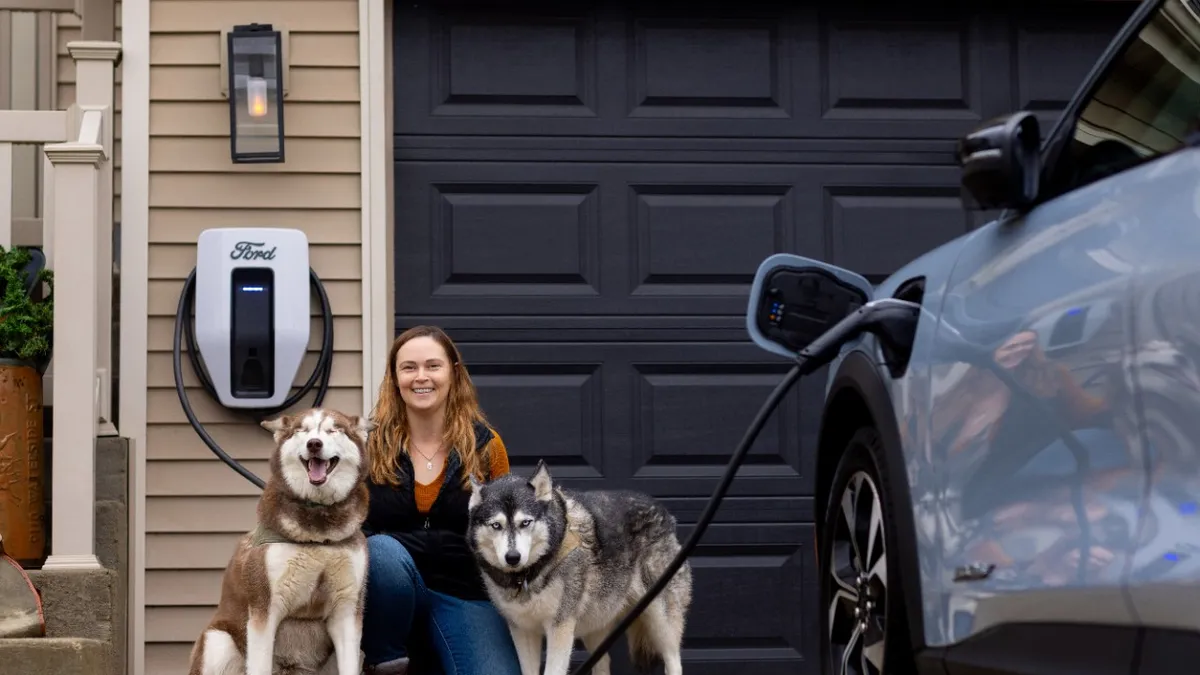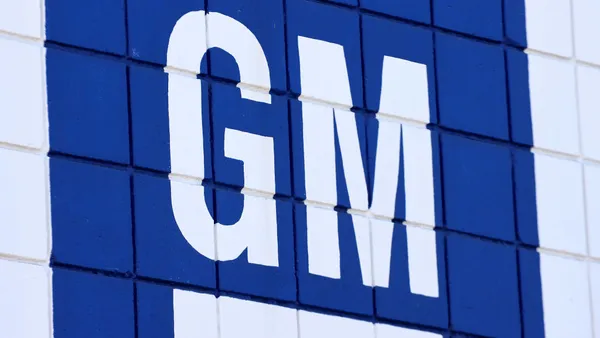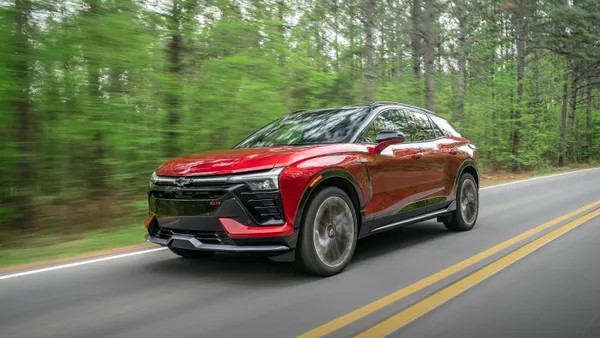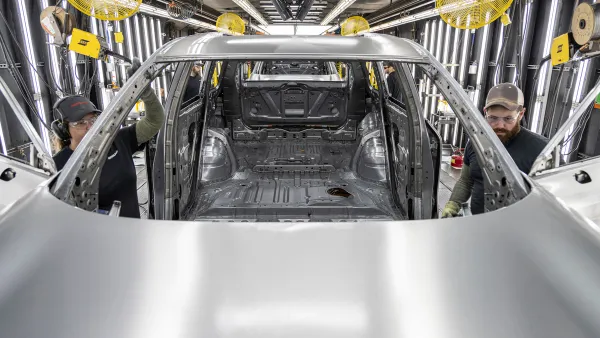As car dealerships continue to reel from a June 19 cyberattack that affected thousands of dealerships nationwide, the automotive industry’s response to a survey by industrial automation firm Rockwell Automation seems prescient.
Per the results of the automotive version of Rockwell Automation’s State of Smart Manufacturing Report released last week, vehicle and automotive supply manufacturers ranked cybersecurity as the biggest external concern for their global companies. The report draws on the responses of 182 automotive industry leaders across 15 countries.
Automotive industry leaders rated cybersecurity as the ninth biggest external obstacle in last year’s Rockwell Automation report. But cybersecurity attacks resulted in roughly $11.8 billion in total damages during the first half of 2023 alone, compared to $2.3 billion in total damages across both 2021 and 2022, according to Statista.
Cybersecurity has become a bigger problem for the automotive industry when compared to other business sectors, which ranked the issue as the third most pressing concern, according to the wider smart manufacturing report.
Rockwell Automation noted that the widespread use of internet-connected vehicles may have contributed to automotive leaders’ concerns about cybersecurity. Plus, cyberattacks could affect the automotive industry through additional entry points, such as factory machines, automotive finance companies, or companies down the supply chain.
Vulnerability to cyberattacks has escalated as 97% of automotive manufacturers and their suppliers are either using or considering smart manufacturing technology, according to the Rockwell Automation report. Technology investments increased by more than a third compared to last year, as industry leaders turned to smart technology to handle internal obstacles and external cybersecurity threats. Survey respondents said dedicating technology to improve efficiency and connectivity in manufacturing plants often saw better returns on investments.
The auto industry is “navigating an era of rapid transformation,” said James Glasson, global vice president of auto, tire and advanced mobility at Rockwell Automation, in the press release. The report highlights a need for companies to “adopt technologies that enhance the capabilities of their workforce,” he said.
When asked about planned technology investments, 36% of automotive industry leaders said they planned to increase spending on zero trust architecture to enhance cybersecurity. In addition, nearly half plan to invest in the industrial metaverse and generative AI.











